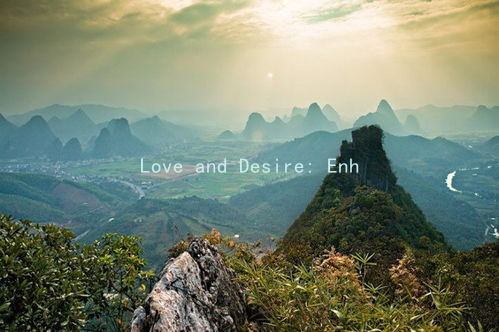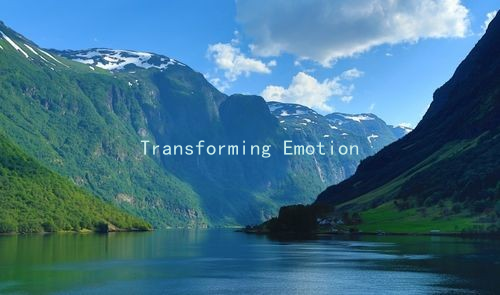Beyond Borders: What Women Want—Cultural Influences on Love and Intimacy
Beyond Borders: What Women Want—Cultural Influences on Love and Intimacy
In an increasingly interconnected world, love and intimacy manifest in diverse forms shaped by cultural backgrounds and societal norms. Understanding what women want in romantic relationships requires a deep appreciation for these influences, as they govern values, expectations, and communication styles. This article explores the nuances of romantic desires and how cultural contexts play a pivotal role in shaping them.
One of the foremost elements that define women’s expectations in relationships is the concept of emotional intimacy. In many Western cultures, women often prioritize open communication and emotional vulnerability. They seek partners who are willing to engage in meaningful dialogues about feelings, aspirations, and fears. This cultural norm encourages a partnership that thrives on shared experiences and mutual understanding. For instance, a woman from the United States may value a partner who can articulate emotions and provide reassurance, projecting that emotional connection is fundamental for relationship satisfaction.
Conversely, in many Eastern societies, love and intimacy may be expressed differently. Here, the focus could lean towards familial values and social harmony. Women in these cultures might seek partners who demonstrate responsibility, respect for family, and commitment to long-term relationships. Emotional expression may be more subdued, prioritizing actions over words. For example, a woman from Japan may interpret love through acts of service and loyalty rather than verbal affirmations.
Furthermore, societal expectations heavily influence the dynamics of love and intimacy. In countries where arranged marriages are prevalent, women’s desires are often intricately tied to family approval and social status. In these contexts, the concept of love may evolve from a romantic ideal to a more pragmatic partnership defined by shared goals and mutual respect. Understanding this cultural backdrop is crucial for anyone navigating romantic interests in such societies.

Additionally, the role of education and empowerment is gradually redefining women’s expectations across different cultures. As women gain more autonomy and independence through education, their demands in relationships are evolving. Empowered women may seek partners who not only respect their ambitions but also support their personal growth. In many progressive societies, the traditional dynamics of dating are transforming, with women now asserting their preferences more confidently and seeking equality in partnerships.
Its worth noting that cultural stereotypes can lead to misguided expectations. Not all women from a specific culture share the same values or desires. Its vital to approach each individual relationship with an open mind, moving beyond preconceived notions. Active listening and genuine curiosity about a partners background can help bridge cultural gaps. It allows for a more authentic connection that respects individual differences rather than relying solely on generalized beliefs.
Communication remains the cornerstone of any thriving relationship, especially in a multicultural context. Employing effective relationship talk can help foster deeper connections. For instance, using “I” statements helps express feelings without sounding accusatory, encouraging open dialogue. It’s beneficial to discuss love languages—whether it be acts of service, words of affirmation, quality time, or physical touch—allowing both partners to articulate and understand what makes them feel loved and cherished.
Ultimately, what women want in relationships reflects an intricate dance between personal desires and cultural influences. Recognizing the significance of emotional intimacy, societal roles, and individual empowerment provides a roadmap for fostering deeper connections. By embracing cultural diversity and prioritizing communication, couples can create a rich tapestry of love that transcends borders, celebrating both individuality and shared humanity. In this journey of understanding, both partners can thrive, creating love stories that resonate universally.





